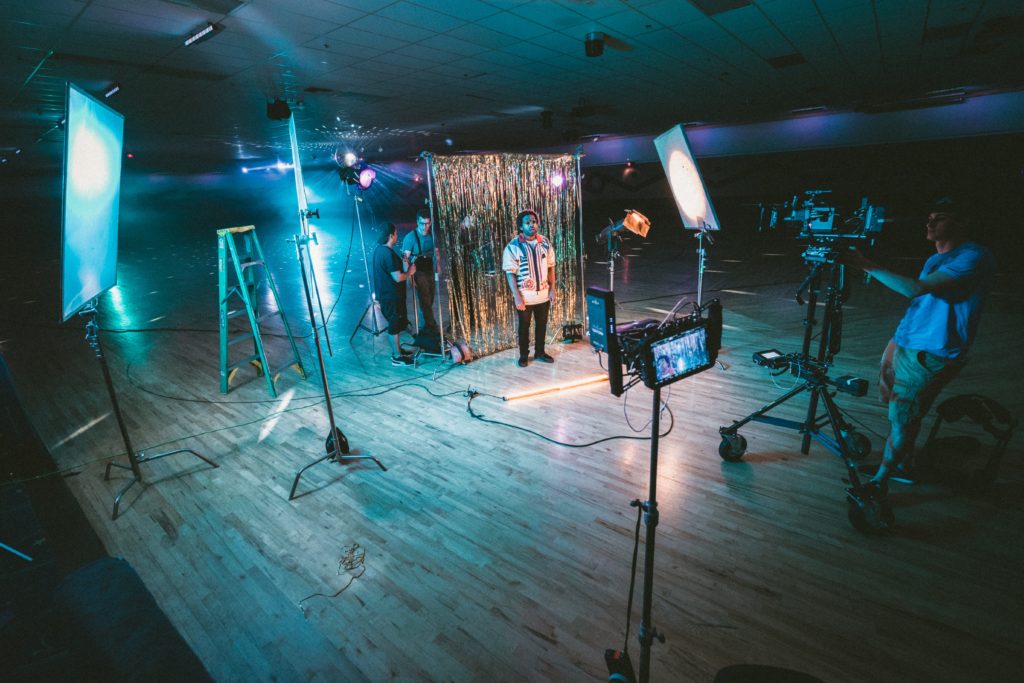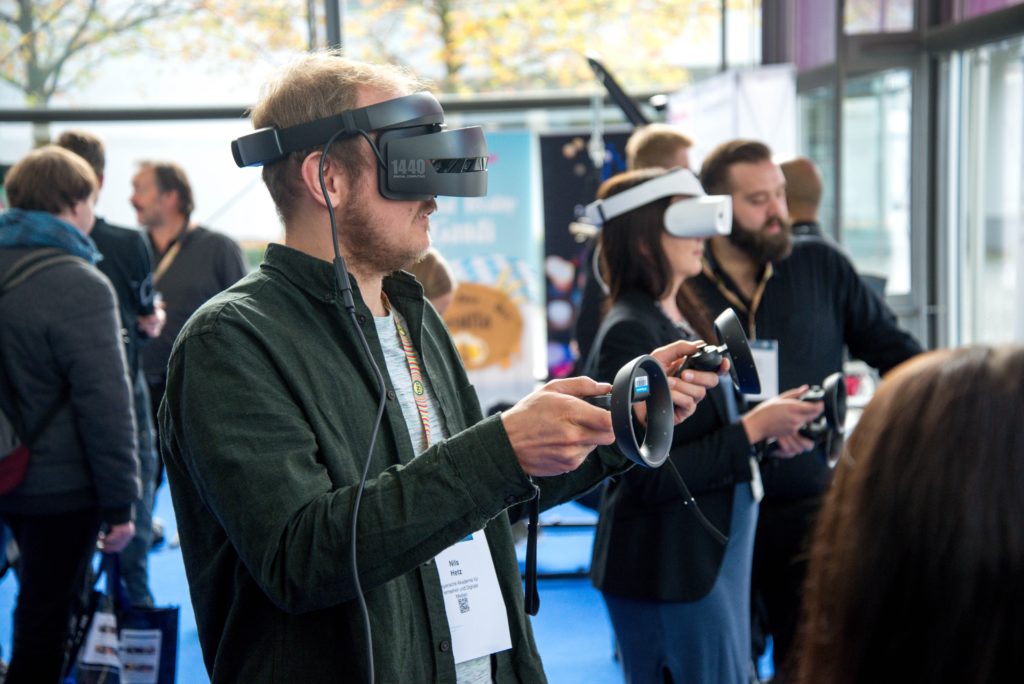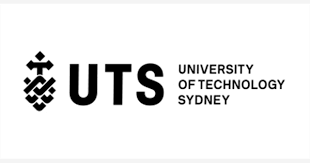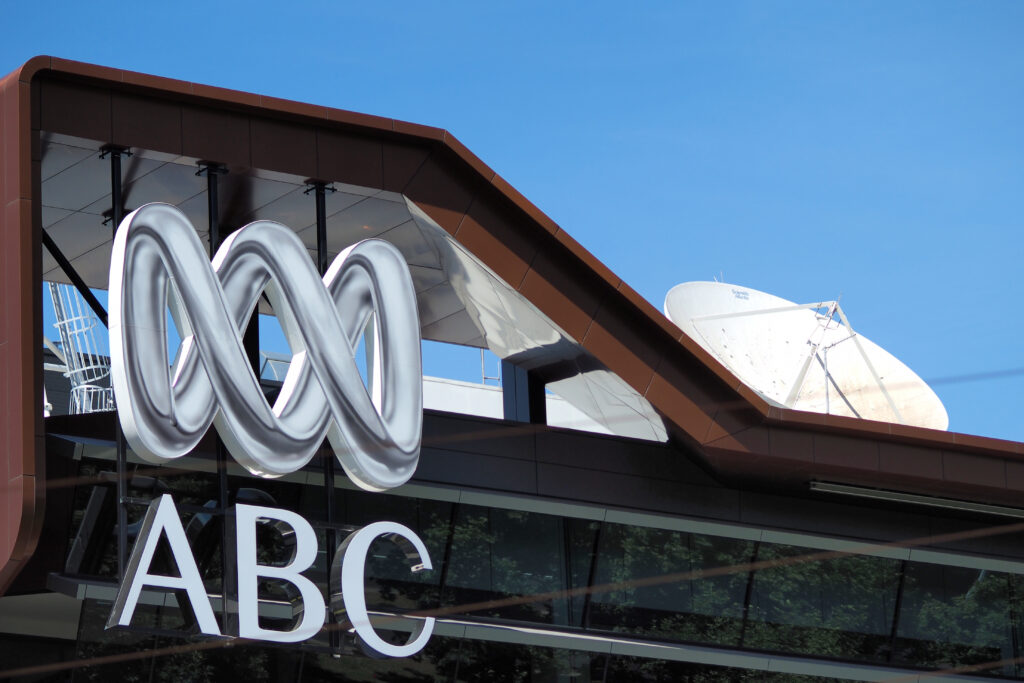Globalisation, automation and rapidly changing needs mean the future of employment will probably look very different to now. In fact, many current careers won’t exist in the next 10 to 20 years. So, it’s critical that students ask the important question: ‘Will my chosen study path lead to strong job opportunities after graduation and beyond?’
In this series, we’re exploring a range of occupations forecast to have strong employment prospects in the future. Some careers in the tech industry are quickly emerging. Plus, there are other existing careers that will also have an important place in the employment opportunities of tomorrow.
This time around, we’re exploring the future of media. As technology continues to revolutionise the industry, brand new jobs are set to become essential to the industry. But that doesn’t mean digital is the only way forward, as we increasingly crave human connection and unique interactions.
That’s where experiential media comes in. If you’ve always dreamed of making an impact in the storytelling, marketing or advertising industries, pursuing a career as an experiential media producer could be a great option.
What is an experiential media producer?
There is an infinite number of ways an experiential media producer can use their skills in the workplace. The term ‘experiential media’ refers to the use of new forms of communication and interaction – like augmented reality, video, pop-up installations, events and social media activations – to engage audiences.
Experiential media can be as simple as setting up pop-up shops and handing out product samples at festivals or events, or as high-tech as Coca Cola’s 2018 World Cup AR experience in Zurich, where participants could test out their skills on the field. Other large-scale examples of experiential media include turning 7-Eleven stores into Kwik-E-Marts to promote The Simpsons Movie and hosting a sleepover in IKEA.
It is an increasingly popular marketing tool, offering the ability to create a more intimate bond between the consumer and the brand by immersing them in an experience to remember and share. Experiential media also allows brands to open and maintain new channels of communication. To achieve this, an experiential media producer evokes positive emotions around a brand, creating and coordinating content across a whole variety of media channels.
What opportunities are available?
Studying experiential media gives you the chance to become a creative and cultural creator who can conceive, produce and post-produce campaigns for screen, digital and emerging media. Career options within the field of marketing and content creation include:
- Director
- Producer
- Multi-platform storyteller
- Advertising creative
- Festival and digital channel curator
- Post-production specialist in screen and immersive media

Share your perspective
As an experiential media producer, you’ll need to forge connections between people with different backgrounds. Your personal history of travelling and studying overseas will give you an advantage when it comes to understanding the audience you’re trying to reach. Whether you’re marketing a world-changing innovation or the next big trend, your personal perspective will help you reach out to others in an authentic way.
Think outside the box
If you’re always one step ahead of the game, a career in experiential media could be the perfect fit. Experiential media is all about using the latest, greatest technology, as well as good old-fashioned human interaction, to make a difference in how people see the world. You’ll need to be able to envision a brand from different angles and experiment with new concepts. Above all, science shows that humans value experiences rather than things. Experiential media creators can use our search for new and different interactions with the world to create memorable stories.

Education Pathways
Many experiential media producers combine a tertiary-level qualification with on-the-job training like internships and work experience. Students who choose a degree like the Master of Media Practice and Industry at the University of Technology Sydney (UTS) learn about the changing face of digital media, festival curation, media experiences, media law and design thinking, with a focus on social justice, ethics and sustainable industry practices. This broad range of subjects sets graduates up for success in their future careers.
Student Story
Director and producer Maya Newell graduated from UTS with a Bachelor of Arts in Communication (Media Arts and Production) in 2010. She is most well-known for her work as the director of the documentary film Gayby Baby (2015), which shares the stories of children from queer families in Australia, alongside her previous works A Good Hunter (2012) and Two (2011).
Maya discovered her passion for media and made lifelong friends during her time at university. At the UTS Alumni Awards in 2018, she explained how the concept behind Gayby Baby was kickstarted by her studies.
“My years at the university offered a real space to be able to explore the intersection of media, politics, languages, history, ethics and art. I learnt how to make movies here, but most importantly, through this academic and worldly lens, I learnt why I wanted to make them.”
She believes the renewed focus on social justice, ethics and sustainability at UTS will have a lasting effect on the media industry.
“Activism and entrepreneurship are often denied space in academia, and I am excited that this new Master’s degree will encourage graduates to contribute back to society in a meaningful way, to make the world better than how we inherited it.”
Want to study for a future career as an experiential media producer?
Studying at the University of Technology Sydney will lay the foundation for an exciting career in experiential media. UTS is ranked as Australia’s number-one young university, with 92% of UTS Australian-resident undergraduates in full-time employment or further full-time study four months after graduation.
With three blocks of subjects to choose from, students can tailor their learning to suit their current professional objectives or personal career development. The Media as Experience subject is a key component of the course, exploring major influences on these media forms such as the emergence of key digital, interactive and social platforms, the role of user experience (UX) design in digital and product design, and the rise of the ‘experience economy’ and its impacts on cultural events at festivals, galleries and museums.
Students also examine online documentary, transmedia, AR, VR, fandoms and media artworks to develop a critical and conceptual understanding of experiential media. Find out more on the University of Technology Sydney website.






